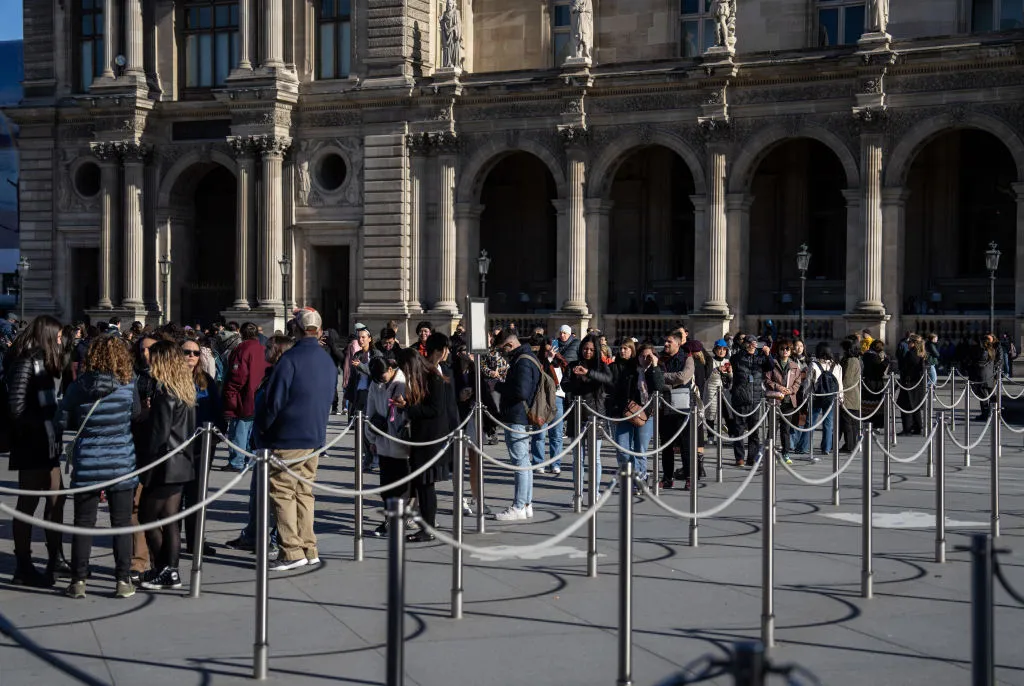
Getty Images
A rarely used legal statue in France allowed the Louvre to halt the sale of a 17th-century terracotta funerary monument by the French artist François Anguier and scoop the sculpture up for itself, reports The Art Newspaper.
The French law of preemption, also known as the droit de préemption, allows government-run entities like museums to buy goods of cultural significance before they are sold to the general public. The caveat here is that, because public bodies like the Louvre are unable to take part in auctions like the one organized by Versailles’ Osenat house, which sold the Anguier sculpture on June 18th, the museum “preempts” the sale by purchasing the item out from under the high bidder for whatever price the work achieved.
The final price sculpture, a preparatory work for a funerary monument dedicated to one time governor of Touraine Jacques de Souvré (1600-1670), landed at $2.85 million (with fees), a record for a work by Anguier. The sculpture carried an estimate of between $2.19 million and $3.29 million.
According to the legal research platform Lexology, the French government has the right of pre-emption of any auction or private sale: “In practice, the pre-emption right is exercised by an administrative agent who makes an announcement after the auctioneer’s hammer falls for the artwork that the state wishes to pre-empt.”
Per the Osenat catalog entry for Anguier’s sculpture, the artist was “one of the most famous sculptors who worked under the Regency of Anne of Austria at the beginning of the reign of Louis XIV. Like Jacques Sarrazin, he is considered the best sculptor of funerary monuments in Paris during the years 1640-1660.”


